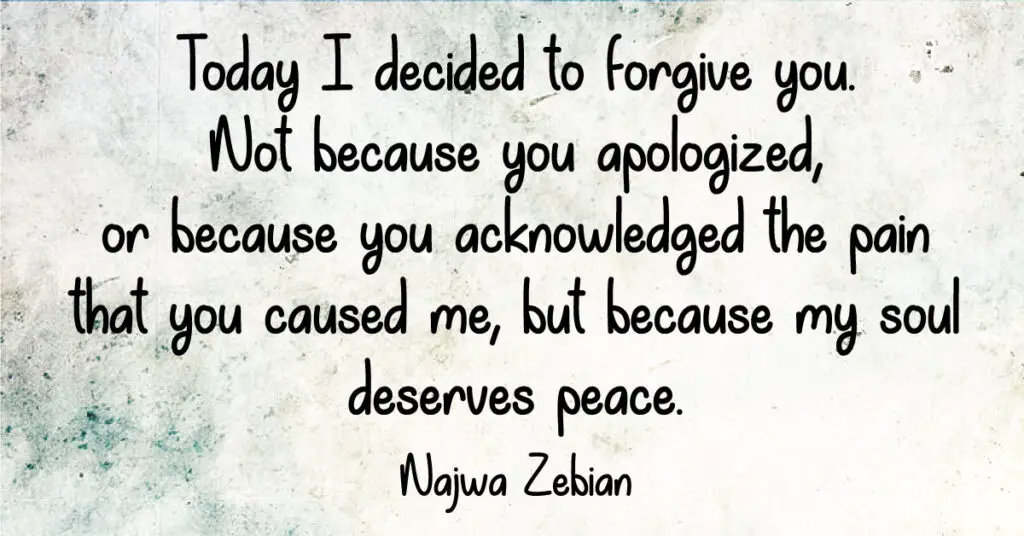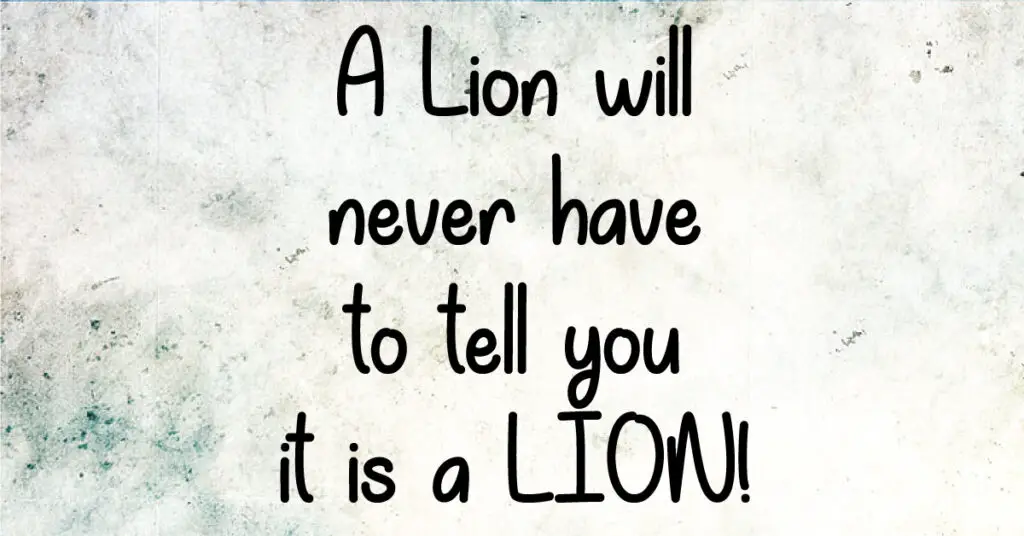Cheating in relationships has become an unfortunate and widespread phenomenon in today’s society. It refers to the act of engaging in romantic relations with another person while being in a committed relationship. Although this act has always been a part of human relationships, the increase in the use of technology and social media platforms has made it much easier for people to cheat.
Unfortunately, the ease with which one can find romantic partners through social media platforms like Tinder, Bumble, and others, has contributed to the rise of infidelity in relationships. The use of dating apps has made it easier for people to meet individuals with whom they can have a romantic relationship without the knowledge of their partner, leading to an increase in cheating in relationships.
Cheating, in any context, is a deceptive act that involves breaking the rules, dishonesty, and disloyalty, in this context It involves betraying the trust of one’s partner, leading to a loss of trust, betrayal, and hurt. Infidelity can cause significant emotional pain and trauma to the affected partner, leading to lasting effects that can be difficult to overcome. It can result in broken relationships and even divorce, leaving those involved in the act, as well as their families, devastated.
The prevalence of cheating in relationships is a sad commentary on the state of our society. While technology has made it easier to connect with each other, it has also enabled us to betray the trust of our partners more easily. We must strive to uphold the highest standards of honesty and loyalty in our relationships to maintain the dignity and respect of our loved ones. Only by doing so can we hope to rebuild trust and save our relationships from the devastating effects of infidelity.
8 Excuses A Cheater Will Try to Give You
“It didn’t mean anything”
When caught, some cheaters may try to downplay the impact of their actions by using the excuse that it was a one-time thing and did not mean anything. This attempt to minimize their infidelity can be extremely damaging to the relationship, but often, the cheater will use it as a defense mechanism to make themselves feel better about what they have done. By trying to convince their partner that it was not a reflection of their feelings or commitment to the relationship, they may hope to mitigate the damage to the relationship. It is important to remember, however, that cheating is a significant violation of trust and can have lasting repercussions on both parties.
“You weren’t meeting my needs”
One of the most common excuses cheaters use is to place the responsibility for their infidelity on their partner. This tactic implies that their partner failed to meet their needs or provide them with adequate love and affection, which led to the cheating. This excuse is not only dishonest, but it is also a manipulative tactic designed to deflect blame away from the cheater themselves. In reality, no matter how unsatisfying a relationship may be, cheating is never an acceptable solution. Cheaters must be held accountable for their actions and need to take responsibility for their behaviors rather than blaming others for their indiscretions.
“I was going through a tough time”
Another excuse often used by cheaters is that they were going through a tough time, and cheating was their way of coping with the situation. This excuse may try to make the cheater appear like a victim and rationalize their behavior. While it is important to provide emotional support to your partner during difficult times, cheating can never be justified.
Cheating shows a lack of maturity and self-control, and it’s a choice that can cause irrevocable damage to the relationship. It is important to recognize that even during tough times, there are always better ways to deal with issues, and cheating is not one of them. Cheaters need to be accountable for their actions and apologize for the damage they have caused rather than trying to rationalize it away.
“We were just friends”
Another typical excuse used by cheaters is that they were “just friends” with the person they cheated on you with. This tactic tries to blur the lines between friendship and infidelity, making it seem like the infidelity wasn’t really an act of betrayal. When using this excuse, cheaters may try to convince themselves that they haven’t done anything wrong because it was “just” a friendship, and hence not sexual in nature.
But in many cases, the so-called friendship can develop into something more, leading to a full-fledged affair. Regardless of whether it was a friendship or a full-blown affair, cheating still involves a breach of trust and loyalty and is never to be seen as innocuous. In any relationship, it is essential to set clear boundaries to avoid confusion and prevent cheating excuses like this.
“I didn’t mean to hurt you”
Another common excuse used by cheaters when caught is to say that they didn’t mean to hurt their partner. This is an attempt to avoid taking full responsibility for their actions and downplay the gravity of their betrayal. While it’s true that a cheater may not have intended to hurt their partner in the short term, the disloyalty and betrayal that comes with cheating can have significant emotional consequences.
Cheating breaks down the trust and foundation of a relationship and can lead to feelings of rejection, betrayal and low self-esteem. It’s important to understand that cheating is never acceptable, no matter the intentions of the cheater. Cheaters must acknowledge the harm caused by their actions and take active steps to rebuild the trust they’ve broken.
“It will never happen again”
A common excuse often used by cheaters when caught is that it was a one-time thing and that it will never happen again. This excuse is often a hollow promise made by cheaters who feel remorseful but may not be fully committed to changing their ways. By saying that they won’t cheat again, cheaters may hope to placate their partners and avoid the consequences of their actions.
Unfortunately, such people are more likely to repeat the action in the future as they have not done the hard work of changing their behavior or identifying the root cause of their actions. It’s important to recognize that rebuilding trust after infidelity is a difficult process that requires true remorse, commitment, and healing. Cheaters must be willing to take responsibility for their actions and work towards rebuilding the trust they’ve broken rather than make empty promises that they are unlikely to keep.
“I was drunk”
Another common excuse cheaters make is that they were drunk when they cheated and, as such, were not fully responsible for their actions. By blaming alcohol intoxication, the cheater is trying to remove accountability for their infidelity instead of taking responsibility for their actions. While it is true that alcohol or drugs can impair one’s judgment, this does not justify cheating.
It is essential to recognize that cheating is a deliberate action that requires planning, lying, and active pursuit of a partner outside a relationship. It’s important to confront the cheater’s behavior and hold them accountable for their actions rather than letting them off the hook by blaming alcohol. Ultimately, it’s the cheater who made the deliberate choice to cheat and must take responsibility for their actions, regardless of any intoxication involved.
“You were cheating too”
An excuse often used by cheaters when caught is to blame their partners for their actions. This excuse is an attempt to deflect responsibility and place blame on their partner instead of taking responsibility for their infidelity. Even if true, it is never okay to engage in infidelity or betray your partner’s trust. It is essential to recognize that cheating is a deliberate choice made by the cheater and, no matter the circumstances, such behavior must be discouraged.
If a cheater does feel neglected emotionally or feels unfulfilled in the relationship, open communication with the partner and seeking counseling and therapy may be more effective solutions in resolving their issues. Blaming the partner for the cheater’s actions only makes matters worse and can severely damage the relationship. It’s important to hold the cheater accountable for their actions and encourage them to be honest and take responsibility for their behavior, rather than resorting to blaming their partner.








